Venclova House-Museum and the Helsinki Watch Group
The group did their job, recording human rights abuses by the Soviets and making them public. This certainly attracted the attention of the West… but it came at a great, personal cost.
In 1977, the KGB arrested Petkus, the group’s leader, when Group documents with evidence of human rights abuses were found during a search of his apartment. He was charged as an undesirable and anti-Soviet propagandist, and sentenced to a total of 15 years of incarceration, including five years of internal exile.
Of the other original members, Eitan Finkelstein left the group in 1979, and Karolis Garuckas died the same year. But like the teeth of a shark, there are always dissidents who will fill the empty spaces and fight for freedom and what is right, and Bronius Laurinavičius, a priest, soon joined the group.
As you can hear, being a dissident is a dangerous, daily struggle. But one well worth the risk.
I’ve told you what I know, but if you want to learn about the life of the living legend Tomas Venclova, or his upbringing in an apartment that was built due to his father's role in the Soviet Union, you can discover much more by going inside the free museum you are standing in front of. Go ahead, we can always continue the tour once you’re done at the museum.
If you’re ready, let’s continue to our next stop.
And now we reach the Venclova House/Museum. Although for me, it was once the home of my friend, Tomas Venclova. Tomas grew up here, with his father, the Lithuanian writer Antanas Venclova. These days, the apartment holds a museum which reflects the everyday life of members of the Lithuanian intelligentsia that collaborated with the occupying Soviet authorities during the 1940s and 1950s. You see, Antanas Venclova was involved with the occupiers of Lithuania and, at one point, was the Minister of Education, but his son, Tomas, was quite the opposite. Tomas Venclova – a poet, essayist, and (later) professor at Yale University – was one of the founders of the dissident organization, the Lithuanian Helsinki Watch Group.
The first Helsinki Watch Group was established in Moscow on May 12th, 1976, with the purpose of monitoring Soviet compliance with the Helsinki Accords and to report human rights abuses conducted by the Soviet authorities. Most of the other Soviet Republics had their own group, including Lithuania.
In addition to Tomas, the Lithuanian Group was cofounded in November of 1976 by such dissident luminaries as
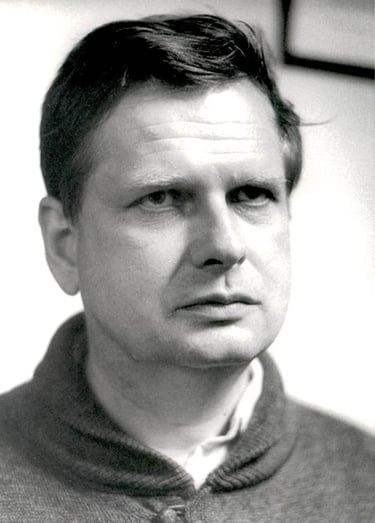

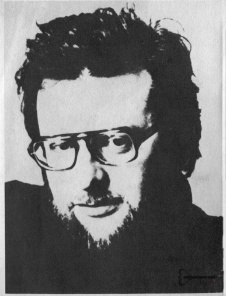

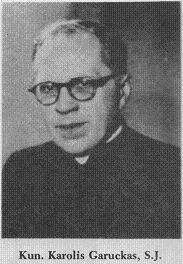

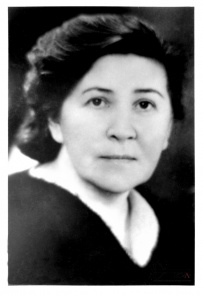

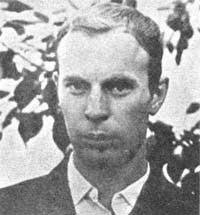

Eitan Finkelstein
Karolis Garuckas
Ona Lukauskaitė-Poškienė
Viktoras Petkus
Nevertheless, the following years were difficult. Until the group disbanded in 1983, many members were arrested and Bronius Laurinavičius died in a car accident…though his death is largely surrounded by a theory that he was killed by the authorities.
But Tomas Venclova himself can tell you the story much better than I can. I told him we were meeting today, and he said he’d call…Quick, pick up and see what he has to say.
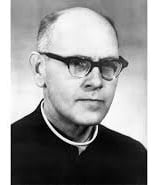



Next stop: Tauro g. 10




ATTENTION!
Venclova House-Museum is now called the Pamėnkalnis Villa. It still houses many of the stories told here, but is undergoing some changes. For more information click here. Please be aware - some of the information on this page may be outdated. We are working on its updates. Thank you for your understanding!
